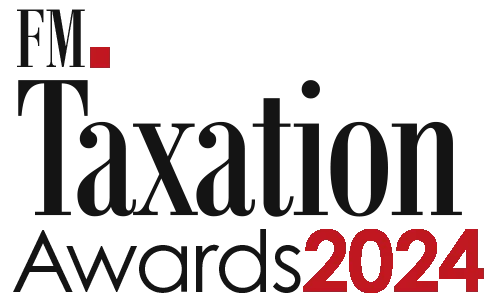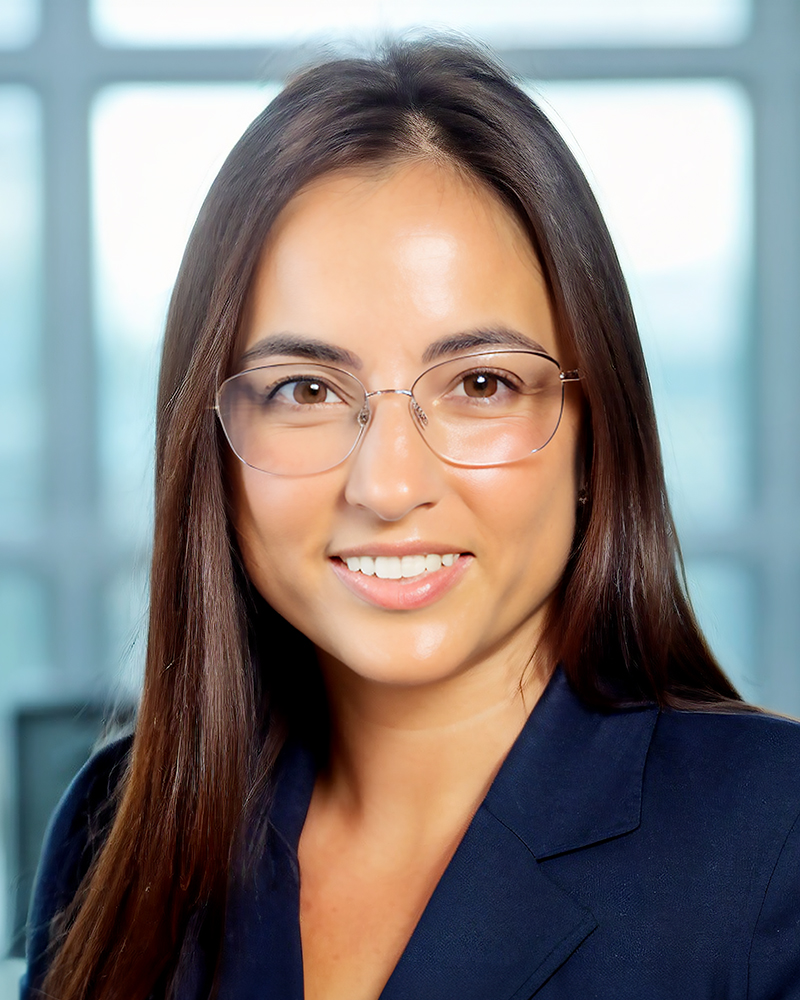We are thrilled to present an exclusive interview with Karen Sands, the winner of the Accounting Advisor of the Year award. Karen has been recognised by Finance Monthly for her exceptional expertise and contributions to the accounting and finance industry. In this interview, Karen shares her inspiring journey, insights on the evolving landscape of accounting, and the unique challenges she faces in her role as CFO at Terradace companies. Her remarkable career path, from being the youngest ICAEW chartered accountant to a seasoned CFO, offers invaluable lessons and perspectives for aspiring professionals.
Karen, congratulations on winning the Accounting Advisor of the Year award! How does it feel to be recognised by Finance Monthly?
I was so surprised, and what an accolade – especially when modern-day accountants need to be experts in such a wide variety of areas, it’s definitely harder to stand out these days! I’m so grateful to have been nominated and winning felt very strange.
Can you tell us a bit about your journey in the accounting and finance industry? What inspired you to pursue this career?
I always wanted to have a career that ICAEW continued to evolve over time, so that I’d never feel like a master of knowledge and I think I chose the correct career for that aim, as change is so constant in tax, and also in accounting when we don’t just have UK rules, but international, US and often other rules to consider.
In terms of my path, I left school at 16 and was one of the first accountancy apprentices; I had no interest in going to university. I started in accounting practice, which taught me some hard lessons and gave me a really strong and broad knowledge base. It taught me a lot of the behavioural and client service lessons that I still carry with me today.
I qualified as an ICAEW chartered accountant at 20, the youngest person to ever achieve that (I still hold that record) and then I built a career as a technical lecturer, as I enjoyed the technical side of accounting and tax. I qualified as a chartered tax advisor in 2007, and the sense of achievement I gained from passing those really tough exams was huge. This was still during the time when all exams had to be taken and passed at one sitting. At that point, there was no situation in tax or accounting that I didn’t feel completely confident about advising upon, and I look back on that feeling very fondly.
After my technical career, I embarked on a consulting career, doing all sorts of technical projects like IFRS conversions and US GAAP conversions, then later specialising in IPO, M&A work and transformation in general. I’ve worked with some truly fantastic businesses, most are household names. These include Avon, Just Eat, AbInBev, Virgin Media and many more. I didn’t specialise in any particular industry; I was agnostic and focused on the skills rather than the industry, and this has taken me to all sorts of diverse businesses all over the world.
I was given the opportunity to step into a CFO role and I jumped at it, and now I’m into my third CFO position. I was CFO at Bowers & Wilkins, a luxury British heritage brand, and then I joined a medical device startup, before finding this role in fresh produce amongst other group businesses. I love the ambiguity of the CFO role, as I have to be wherever the business needs me and change my priorities constantly, thinking ahead to take advantage of opportunities and mitigate risks, I have to be at the very top of my game, always. I must be highly visible and approachable and truly partner the business leaders from a finance standpoint.
What are some unique financial challenges specific to the fresh produce industry, such as the impact of climate change on business revenues, and how do you address them in the context of tax and accounting?
Climate change is hugely affecting our industry, with our business leaders having never experienced such volatility in their living memory. This year alone we had extreme and unpredictable weather events completely destroying crops and also the El Nino storm in South America, together with war in Israel and the Ukraine. Issues impacting ports can destroy our produce, as it is so perishable.
Luckily, we have a great relationship with our many suppliers globally and have diversified our risk as much as possible so that we can continue to supply our customers and in turn, the general public has not seen the potential supply shortages that existed, when they are shopping at the supermarket.
The industry moves quickly, and some of our competitors have not been able to continue in business; this is a huge accounting and tax challenge because action needs to be taken really promptly, or the opportunity will get left behind. We have to keep an eye on revenue, ensure that we are controlling our overheads, and manage our liquidity so that we can fuel growth.
How do you stay updated with the constantly changing tax and accounting laws and regulations?
It’s a huge challenge and I’m not able to be as technical as I once was, because the CFO role requires different skills, including technical but not always. It isn’t possible to be a CFO and be only technical. I always have good advisors around me and a very talented team, and I learned early in my career to fact-check everything in case of changes, so I continue to do that, even if I’m certain of the answer. I increasingly believe that it isn’t possible to keep up to date with multi-jurisdiction tax and accounting rules, let alone alongside applying the rules practically in business.
Can you discuss a particular project or case that you are especially proud of during your tenure at DPS Limited, and more broadly, working for Terradace companies?
Not yet, we have a diverse group of businesses and there is a huge business project that we are currently undertaking, I’ll be incredibly proud of the outcome once we conclude during late 2024.
I’m proud of my ability to be agile, I’ve had to adapt my style significantly in this industry and business that values relationships so much. Some of my prior roles in private equity-backed businesses were much more about results and transactions and not about relationships. Both styles suit their environments and I’ve found this element to be a big learning curve.
What role does technology play in your work, and how do you see it evolving in the future of accounting and finance? Do you see AI as a threat or a positive force?
This question made me laugh; in the businesses I’ve worked in, there’s no way AI could take over. Any auditor will tell you that until a client can produce a balancing trial balance with no rogue accounts or classification issues, we are all safe. I really believe in the automation of processes and more manual tasks, but tax particularly requires critical thinking, and I don’t think in my lifetime that AI will have an impact beyond transaction processing. I believe ChatGPT failed its accounting exams last year, so we are safe for now.
What do you think are the biggest tax challenges businesses face today, and how do you help the companies you work with navigate these issues?
It has always been the same challenge, the volume of legislation is overwhelming and the legislation itself can be unclear. Looking for a competitive edge will sometimes involve looking between the rules. A tax strategy is important, as is a risk strategy, and then advisors can be clearer about the objectives of the business and of the investors, and go from there to construct their advice.
How do you approach managing the financial complexities of multiple companies under the Terradace umbrella, especially in the fresh produce sector?
This is tough and I can’t do it without a very talented and experienced team. The grasp this business as a whole has over its numbers, from top management downwards, is incredible and I have to bring my A game to not only keep up, but add value. I’ve approached this huge challenge by doing a lot of listening, and bringing my experience of working with transformation teams, so that I’m not working in a silo or not considering all angles. There are certain people who need to be in a room when a project such as an acquisition is discussed, from IT and HR to finance, and including the relevant stakeholders early means that the project can be executed without too many bumps in the road.
Looking ahead, what are your goals for the future, both for yourself and for Terradace and its companies, such as DPS?
I’m delighted to work in this fantastic business with a strong track record of growth, built on excellence and delivery, and with a bright future ahead of it. I’m excited to exploit opportunities to provide different insights into our results and forecasts, using BI tools and other data-led approaches so that our business leaders can be armed with better information to make decisions.
My role is to facilitate the growth of the business and to ensure the group is adequately structured and risks are mitigated. I’m excited to see the finance teams develop as the business continues to grow and provide opportunities. I’m also excited for the group to realise some of its technological potential, as we explore new ways to grow fresh produce and combat the impact of climate change. We already do a huge amount of work to reduce food waste and have invested in new technologies that are exciting and different.


